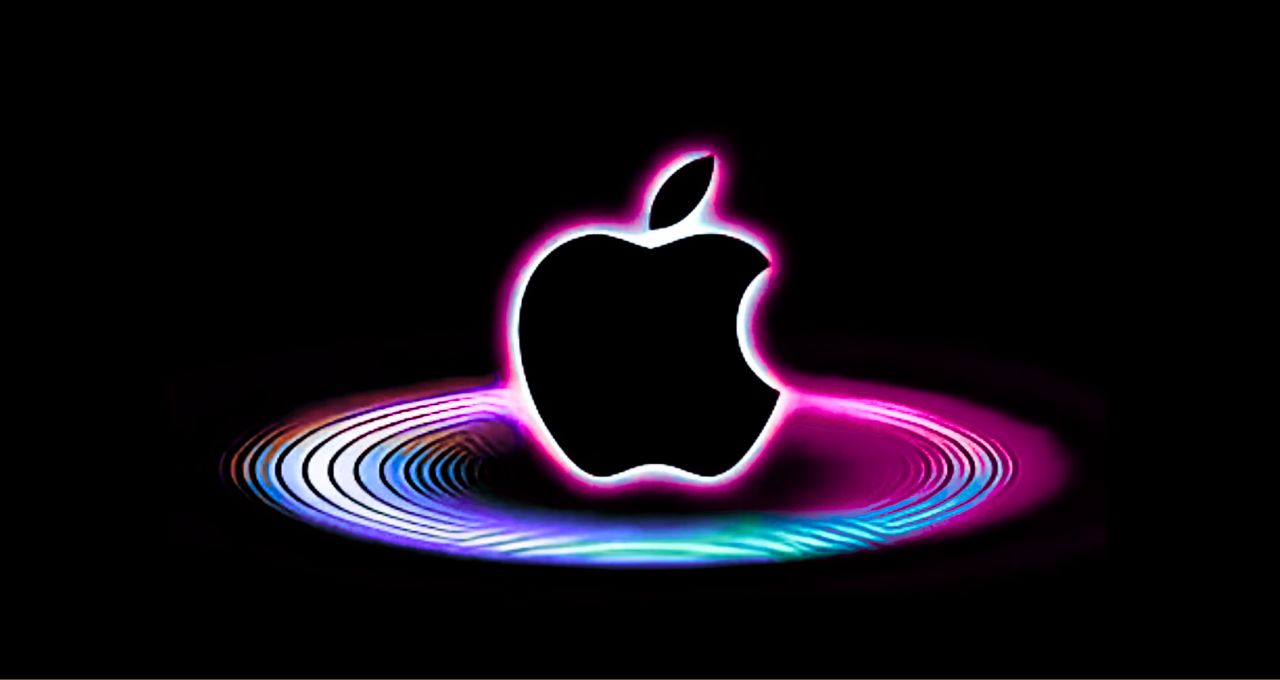Apple has revealed that it trains its AI models with synthetic data, without using user data. The company's privacy-focused strategy makes it secure but is putting it behind in the race. Features like Siri are limited, and a major AI launch in 2026 has become essential for Apple.
Apple Intelligence: In the artificial intelligence (AI) race where Google, Microsoft, and OpenAI are rapidly advancing, Apple, choosing a different path, now appears entangled in the challenges of its own strategy. Apple recently released a detailed report on its AI training process, clarifying how the company is developing AI models despite limited data — and what the surprising truth behind it is.
Apple's Strict Privacy Policy: A Boon or a Hindrance?
Apple's identity has always been its strict stance on user privacy. With taglines like 'What happens on your iPhone, stays on your iPhone,' Apple has earned users' trust. But the flip side of this policy is that the company cannot obtain a sufficient amount of real-world data to train AI models. As a result, services like Siri have lagged behind their competitors. Apple's new report acknowledges that due to limited data availability, Apple is now having to train AI with synthetic data, which is not entirely real.
How are AI Models Built at Apple?

Apple is working on two types of AI models:
1. On-Device Models
These are small-sized models that work directly on devices like iPhone, iPad, and Mac. The advantage is that data does not leave the user's device, thus maintaining privacy.
2. Private Compute Cloud Models
These are larger models that run in Apple's cloud system, but they are still designed in such a way that user data remains encrypted and anonymous.
To train AI models, Apple uses AI-generated synthetic data instead of real user data. In addition, some limited data is also taken from device analytics, but only from devices whose users have given permission.
Limited Data, Limited Understanding
Apple's report also shows that due to the lack of real-world data, Siri and other AI features sometimes fail to properly understand user questions or commands. This is why Siri's limitations are now becoming clear — it excels in privacy on one hand, but lags behind in functionality on the other.
AI Processing on Device: A Unique Direction

The biggest advantage of Apple's AI strategy is its ability to perform most of the processing on the device itself. This means that features like Siri can work on the iPhone itself, without the help of any external server. But as soon as the user uses services like ChatGPT or Google Gemini, Apple loses control over that data processing. That is why Apple is now considering partnerships with these companies to improve the user experience.
Apple Falling Behind in the AI Race?
Apple did not make any groundbreaking announcements regarding AI at its WWDC 2025 event, and now there are reports that no major AI feature will be added to the upcoming iPhone 17 series either. In contrast, Google's Gemini and OpenAI's ChatGPT are constantly bringing new updates and features, making competition even more difficult for Apple. Experts believe that if Apple does not adopt a solid AI strategy by 2026, it will fall far behind in this AI race.
Apple's AI Strategy: Privacy vs. Performance
Apple's entire AI strategy is based on the 'Privacy First' principle, but this has also become its biggest obstacle. The limited availability of user data has hampered AI capabilities, while synthetic data does not fully represent real-world situations. Now the question is whether Apple will be able to handle this difficult balance? Will it be able to maintain privacy while providing an AI experience that is also smart to use?












